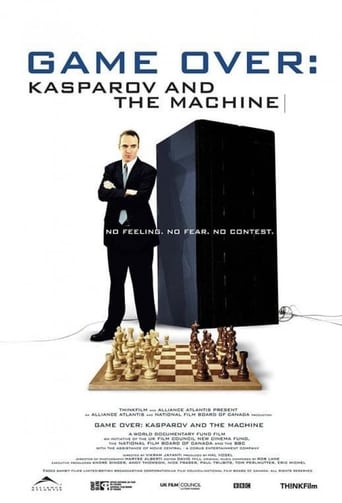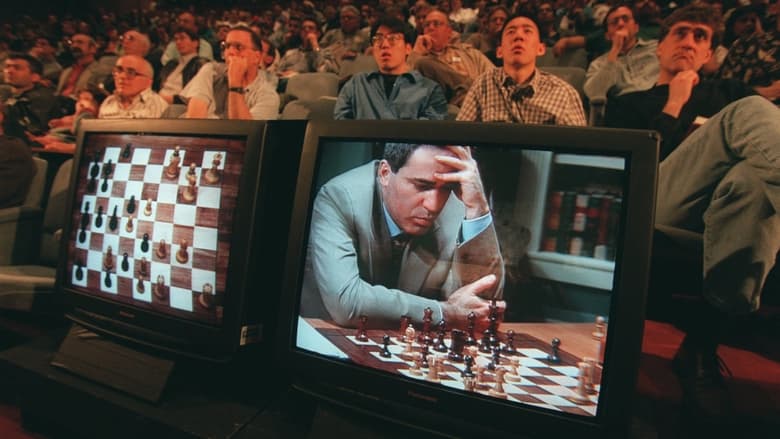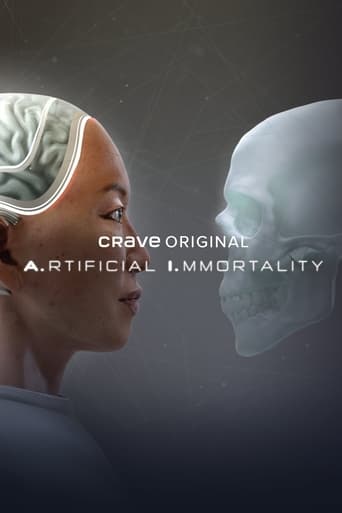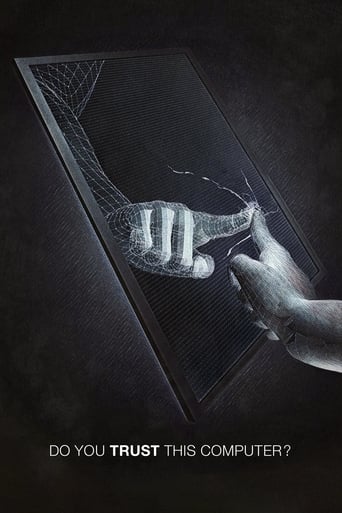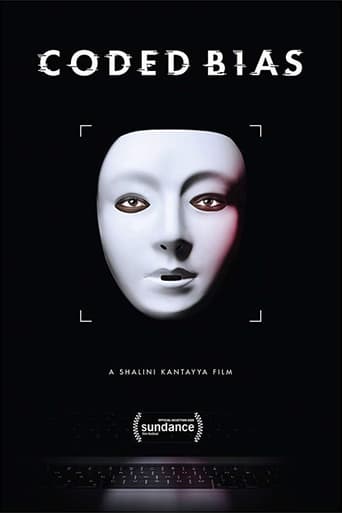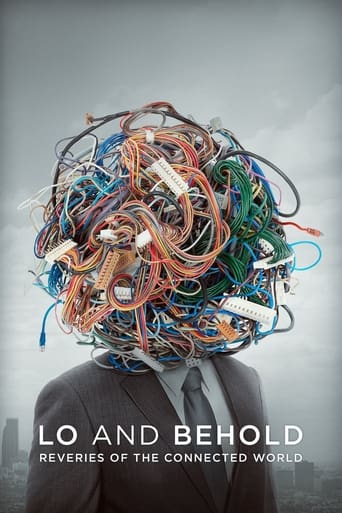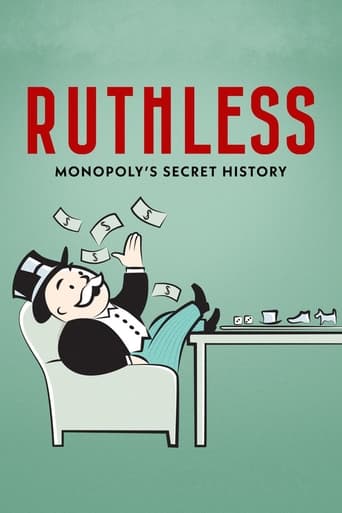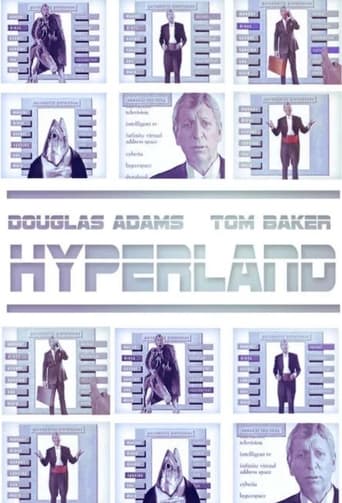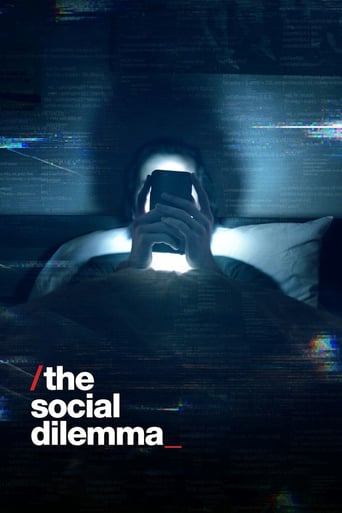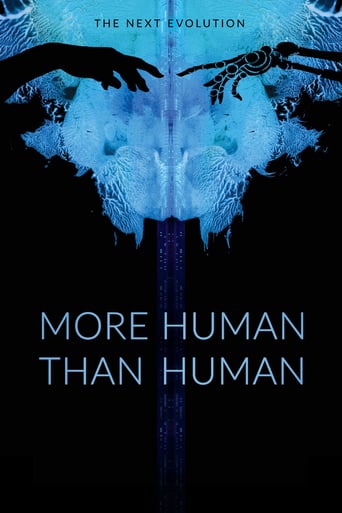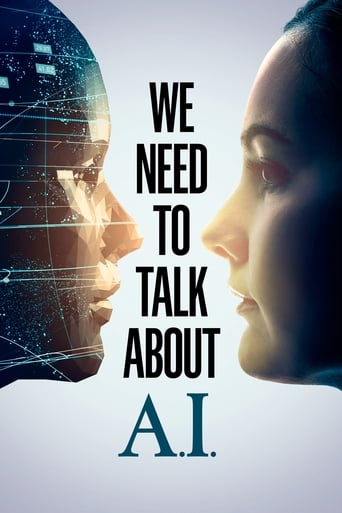Game Over: Kasparov and the Machine (2003)
Garry Kasparov is possibly the greatest chess player who has ever lived. In 1997, he played a match against the greatest chess computer: IBM's Deep Blue. He lost. This film depicts the drama that happened away from the chess board from Kasparov's perspective. It explores the psychological aspects of the game and the paranoia surrounding IBM's ultimate chess machine.
Watch Trailer
Cast


Similar titles
Reviews
Very best movie i ever watch
Good story, Not enough for a whole film
It's easily one of the freshest, sharpest and most enjoyable films of this year.
Strong acting helps the film overcome an uncertain premise and create characters that hold our attention absolutely.
I used to play competitive chess in the early nineties (achieved Candidate Master rating of 2012 CFC) To non "chess" people this means I was a pretty strong player... to "chess" people this is not very impressive. Just to add perspective. There is/was/used to be? a collective illusion among the competitive chess community. 1) The MYTH that chess equates to human intellect. The Soviets exploited this for years in order to demonstrate their superior "State". 2)Chess is LARGELY about beating the "person" you are playing. NOT about finding the best moves to play (Preparing for a specific opponent, anti-computer strategy, and of course the ultra-important "psychological" aspect. Here's what I think happened... IBM was playing to WIN. This seemed to come as a surprise? to Kasparov. IBM probably hired a team of psychologists to plan most of the event and psyche out Kasparov (worked). I think IBM dumped the first game then played for real in the rest. Fischer did this to Spassky. Cheating? Doubtful. Good sportsmanship Kasparov! To publicly accuse your opponent of cheating!
In 1997 Kasparov, considered (according, that is, to this biased documentary), the greatest chess player in history, played a high profile match against an IMB supercomputer called Deep Blue devised for the sole purpose of not only playing world class chess but beating the greatest of grand masters -- in fact created specifically to beat Kasparov. The stakes were $700,000-$400,000, winner/loser. It can't be said that Deep Blue really beat Kasparov, who had beaten a simpler form of the computer several years earlier. What happened is that the second of the six games spooked Kasparov so much -- and he resigned, when later it was pointed out he might have achieved a draw -- that he never recovered psychologically, and by game six he was a psychological wreck, couldn't focus, and resigned, thereby losing the match.Surely Jayanti has a good subject: the human brain against artificial intelligence, the triumph of steely mindless machinery over brilliant, volatile intellectual genius. The filmmaker spoils his documentary by intruding too much with portentous music, gimmicky images of antique dolls, and by providing too little perspective outside the viewpoint of Kasparov himself, not even questioning the wild and unsubstantiated accusations that Kasparov throws out against IBM. There's still interest here, and so much at stake that it may be understandable that some (again wildly) have called this the best film about chess ever. Nonetheless that seems a bit of a misnomer given that there is so little specifically about chess and its moves -- though there is valuable and relevant information about the psychological pressures of great matches and the statistical complexity of the game itself.Kasparov's personality is lively and his English is good, but that is not enough in itself to counteract the gimmicky use of antique mechanical chess-playing dummies as a suggestive "echo" of the IMB mega-computer Deep Blue, the portentous music, the pseudo-spooky whispering voice-overs, and Jayanti's aforementioned refusal to challenge any claims Kasparov makes about the way things went or about his place in the history of world chess.Kasparov challenged Karpov in 1984-85 in a huge series of games, Armenian Jew against, as he saw it, the Soviet block -- a styling much favored (though the film does not note this obvious aspect) by Cold War attitudes in the United States -- and for his overall performance he had established himself as "the greatest chess player in history." (The many possible challenges to that claim are something the film doesn't go into for a moment.) In 1997 IBM, seeking to improve its stolid image against the livelier profiles of Microsoft and Apple, staged a hugely promoted New York six-game match between Kasparov and a newly improved and enlarged Deep Blue. They had six boffins lined up before and after each game, the chess and programming experts who were Deep Blue's handlers. Was that good strategy, lining up six grinning Asian and Caucasian nerds against one challenged Armenian Jew? Doubtful; and though at the end, IBM sternly directed its crew not to smile, that did little to offset its earlier displays of conspicuous nerdly smugness. IBM also maintained tight security around the emplacement of the large computer, and refused ever to release printouts of its operations to Kasparov. According to him, they promised to at the end, but never did.What happened is this: in game one, Deep Blue played like a machine, and Kasparov won easily. He thought that would continue. But in game two, he attempted a trick with pawns -- the film never goes into any detail about the actual chess moves and offers little of concrete interest to chess enthusiasts, but something that would normally lead a computer astray, into immediate profiting. But the machine didn't fall for it, and instead embarked on a mysterious and very humanoid-seeming grand strategy that put Kasparov in a very bad position. He was stunned. He overreacted, resigning as mentioned though later he realized he could have extracted a draw from the situation. From game two on, the champion became lastingly paranoid. And throughout the rest of the match, he never got over it. He suspected that some grand masters were assisting in deciding the moves of Deep Blue against him; and there were plenty of grand masters around, presumably in the employ of IBM. It's generally agreed, according to the film, that even a merely fine chess player, not necessarily world class, working together with a computer, could beat anybody. And that would not have been fair, and wasn't what was agreed upon. However, the film never provides a shred of evidence that IBM cheated in this way. All that's clear is that a machine doesn't lose its cool, and a human chess player very often does. Great a player as he is, Kasparov isn't cool. Someone remarks that he would make a terrible poker player, and in fact when things (in his view) are not going well, it is written all over his face and conspicuous in his body language. Kasparov, and Jayanti with his style, suggest that IBM's manipulations connect with Eighties YUPPIE thinking and corporate, Enron-style greed. But there is no proof of this. All that is clear is that IBM lacked finesse in its handling of the match, but profited much by it: stock went up in value 15% after this event. Where Kasparov is now isn't made very clear, but the film states that he is still playing and winning, against humans, and in 2003 tied in a match against the latest computer chess master, Deep Blue Junior, in Israel, and has met various challenges in recent years, been beaten, but still remains "the greatest." You can review Kasparov's chess history online at various sites. Kasparov is a great player. His role in world chess has been far more dubious than this documentary would have us believe. His full story, with all its pros and cons, has yet to be etched in celluloid.
When Garry Kasparov, the world chess champion, lost to a computer in 1997 it certainly seemed as if a landmark in artificial intelligence had been passed. But Kasparov did not lose gracefully, and while I am tempted to doubt his suspicions that IBM (who made the machine) actually cheated (surely they had too much to lose if found out), it certainly appears their team relied on that oldest of chess tactics, the mind game, to discomfit their opponent. The story is so innately fascinating that 'Game Over' is almost inevitably an interesting documentary; and the film-makers have also secured access to all the most important participants, Karsparov himself included. But the film is slightly spoilt by endless arty shots that distract from the story, and slightly pointless reconstructions (e.g. Kasparov revisiting the bland skyscraper where the match was fought). With a lesser subject, one might have grown tired of such banal trickery. But the magnetic appeal of the tale cannot be smothered; and, as IBM refused a rematch, some in the chess community still denies their ultimate victory. But, as a friend of mine puts it, chess has essentially been "solved". Time to turn to the even more complex oriental game of Go, perhaps, which for the moment computers still can't play.
I just watched this movie about a week ago. I still recall back in 1997 when Kasparov lost the series of games against Deep Blue. I was about 20 years old. What became very fascinating was, not that the man lost a battle against machine, but the fact that Deep Blue never showed up again. I never saw any other match, or a new chip was built using that programing knowledge. Nothing. 7 years later am confronted by a great documentary, that answers me why i never saw the blue again. I'm a filmmaker as well, and beating the crap out of IBM the way this film does, is anything buy easy. Very well documented, the storytelling is good and the way the camera moves along with the state of mind of the interviewers is just superb.For those who still think America has anything good and noble to give, this film shows that Enron and the Iraq War are just the other side of the same coin, the truth that movies like Farenheid 9/11 and this one bravely toss in our faces. Nothing, and as you can see in this film, nothing in America happens because so.

